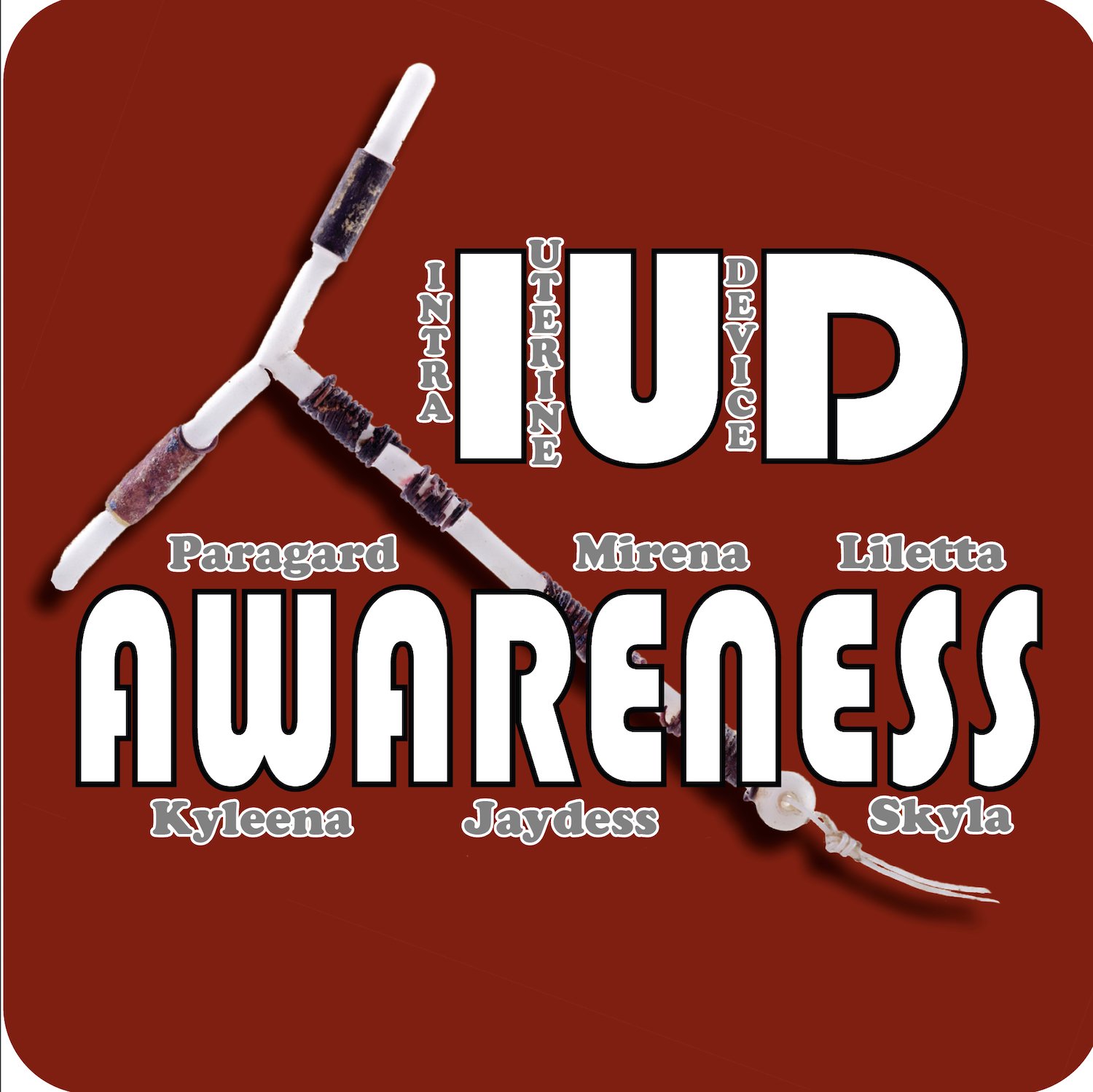Why Birth Control Side Effects Have Eluded Science
/ Internet Link
Why Birth Control Side Effects Have Eluded Science
by Saima Sidik - Undark Magazine
March 7, 2022
““I swear to you, the day I stopped taking it, I literally felt completely normal,” Skoog said.”
“ There’s ample reason to believe that tinkering with sex hormones might affect a person’s mood. Conditions such as anxiety and depression often manifest during puberty and menopause, when hormones are undergoing natural fluctuations. When birth control first came on the market, it didn’t take scientists long to begin studying whether these new drugs could also influence their users’ psychology. But in 2018, when researchers from Ohio State University looked at 26 studies examining the link between some of the most common types of birth control and depression, they wrote, “the preponderance of evidence does not support an association.”
Brett Worly, an OB-GYN based in Columbus, and one of the authors of the meta-analysis, said that performing the study changed how he talks to his patients. Before, he cautioned prospective birth control users that the drugs might cause depression — because some reports indicated this might be the case — but now he tells them that’s unlikely. Worly admits, however, that his advice is based only on the best evidence that’s available right now. The study he’d like to see has yet to be done.
“It would have to be like hundreds or maybe thousands of women over at least six months to a year,” he said. Ideally, the study would be performed by independent researchers unaffiliated with pharmaceutical companies, to avoid any bias. Participants would be randomly assigned to take birth control or placebo pills, and researchers would periodically assess depression, anxiety, and a range of mood changes.
But this gold standard approach has a downside for participants: The placebo group would be susceptible to unwanted pregnancies. Participants would need a secondary, non-hormonal form of birth control, but here the options are limited. A copper intrauterine device, or IUD, is the obvious choice for its effectiveness, but insertion is invasive, and heavy, painful periods can be a common side effect. Condoms are an option, but barrier methods are prone to human error and tend to be less effective than hormonal contraceptives. “It’s a hard study to do,” Worly said. “Hopefully, eventually, that would happen. It hasn’t happened yet the way that we need it to.”
Even a group with the capability to complete the study would face an additional challenge: Scientists say they lack the tools to accurately assess many of the mental health side effects that birth control users may experience. Worly and his co-authors focused their meta-analysis on depression because it’s a specific, widely studied condition that researchers have standard ways of diagnosing. The main symptoms of depression include feelings of worthlessness, hopelessness, and fatigue, but birth control users have reported that the drugs can make them cry more easily, feel anxious, or feel oddly emotionless — conditions that are assessed by some depression questionnaires, but which don’t qualify as depression on their own. “




































March 25, 2023
Nutritional Balancing